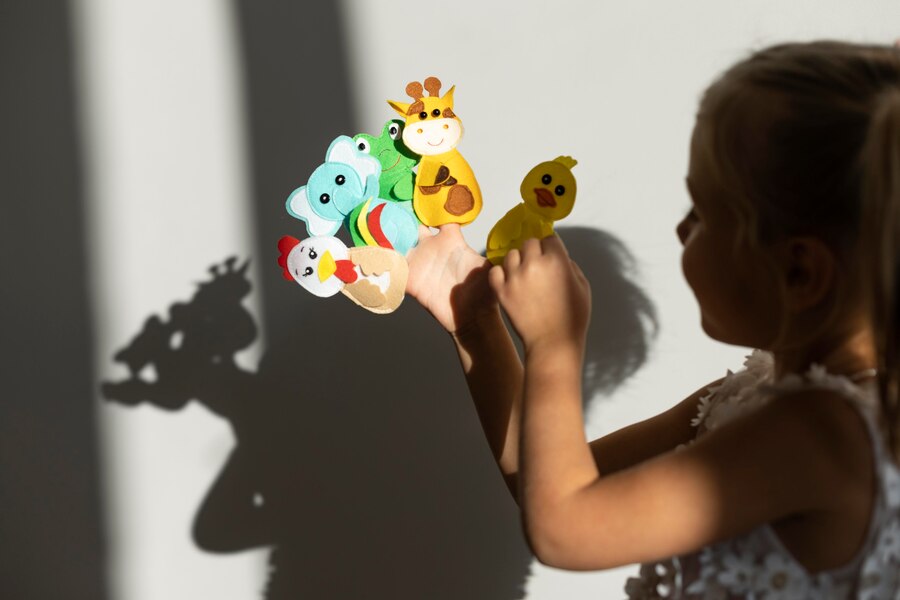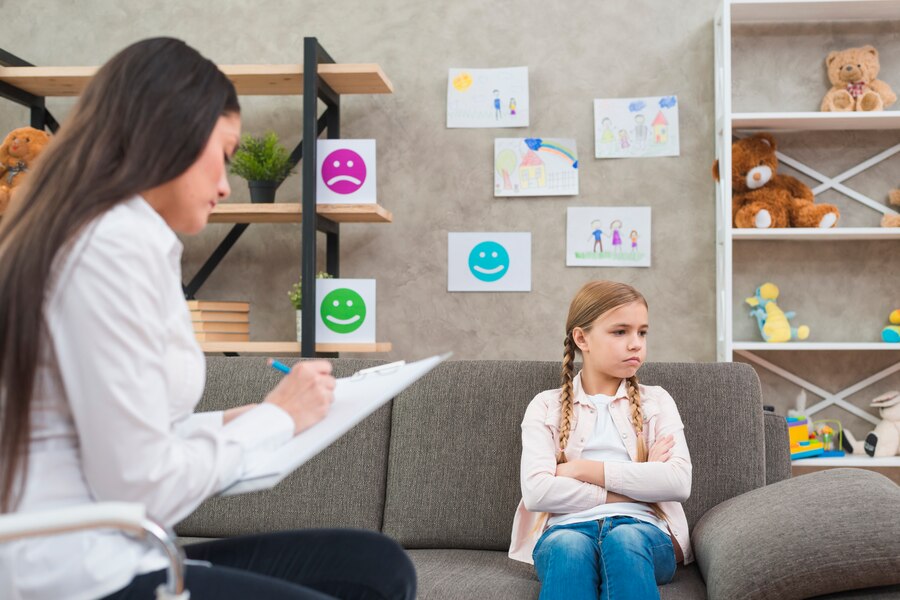
Mental Health in Early Childhood: Recognizing and Addressing Signs in Young Children

Introduction to Mental Health in Early Childhood
Understanding mental health in early childhood is crucial for fostering lifelong emotional resilience and psychological well-being. This formative period lays the groundwork for future interactions, behaviors, and responses to the world. This guide delves into recognizing signs of mental health issues in young children and how caregivers and educators can address them effectively.

Understanding Mental Health in Early Childhood
Fundamentals of Early Childhood Mental Health
Mental health in young children is not just about diagnosing disorders but nurturing an environment that supports healthy emotional and psychological development. This includes fostering secure attachments, developing empathy, and cultivating coping mechanisms for stress and adversity.
Impact of Early Mental Health on Future Development
The mental health in early childhood significantly influences later success in school, relationships, and personal growth. Children who receive support and attention to their emotional needs in the early years are more likely to develop into resilient adults.
Recognizing Signs of Mental Health Issues in Young Children
Emotional and Behavioral Signals
Young children may not verbalize their feelings directly but show through behavior. Signs like excessive clinginess, frequent tantrums, or difficulty adapting to new situations may indicate underlying mental health concerns.
Physical Symptoms and Mental Health
Physical symptoms such as persistent stomachaches or headaches may also be linked to emotional distress. A child’s reluctance to participate in physical activities or a noticeable decrease in energy could further indicate mental health issues.
Contributing Factors to Mental Health Issues
Influence of Family Dynamics
The family environment plays a significant role in shaping a child’s mental health. Dynamics such as parental conflict, inconsistency in caregiving, or severe disciplinary practices can contribute to stress and anxiety in children.
Societal and Cultural Factors
Cultural expectations and societal pressures can also affect a child’s mental health. Children exposed to unrealistic academic expectations or social norms may exhibit signs of stress and anxiety from a young age.
Strategies for Supporting Mental Health in Early Childhood

Education and Awareness for Caregivers
Empowering parents, caregivers, and educators with knowledge about early childhood mental health is vital. Workshops, seminars, and accessible resources can equip them with the tools needed to support children effectively.
Integrating Mental Health into Early Education
Incorporating mental health education into early childhood curriculum can help normalize emotional health discussions and provide children with age-appropriate strategies to manage their feelings.
Intervention and Therapy Options
Access to Child Psychologists and Therapists
Ensuring access to qualified mental health professionals who specialize in early childhood can help address specific issues more effectively. Regular consultations can be beneficial not only for the child but also for their families.
Community Support Systems
Building robust community support systems, including peer support groups for parents and community centers offering family counseling, can enhance collective efforts in supporting young children’s mental health.
The Importance of Professional Help
Guidelines for Seeking Professional Assistance
Providing clear guidelines on when and how to seek help can demystify the process for caregivers. It’s important to promote an understanding that seeking help is a sign of strength and proactive care.
Role of Pediatricians in Early Mental Health
Pediatricians can play a crucial role in identifying early signs of mental health issues. Regular check-ups should include assessments of both physical and emotional development.
Conclusion: Empowering Future Generations
Investing in mental health in early childhood is crucial for nurturing emotionally resilient and psychologically healthy individuals. Recognizing and addressing mental health issues during these formative years can profoundly influence a child’s ability to develop healthy relationships, succeed academically, and handle life’s challenges. By educating caregivers and implementing supportive practices, we can lay a strong foundation for good mental health in early childhood. It’s not just about preventing or treating issues—it’s about fostering an environment that promotes lifelong wellness and happiness.
Furthermore, the societal benefits of prioritizing mental health in early childhood are immense. Children who receive the emotional and psychological support they need from an early age are more likely to grow into productive, caring adults who contribute positively to society. As communities, educators, and policymakers, our collaborative effort to enhance mental health resources and remove stigmas associated with seeking help can lead to generational shifts in health outcomes. Let’s commit to making mental health a priority, ensuring that every child has the opportunity to thrive in a supportive and understanding environment.

FAQs
- What is the role of schools in supporting mental health in early childhood?
Schools can provide a supportive environment by integrating social-emotional learning into the curriculum, training staff to recognize mental health issues, and facilitating access to school counselors.
- How can technology impact mental health in young children?
While technology offers educational benefits, excessive screen time can lead to issues such as reduced physical activity and social isolation. Balancing screen time with interactive and outdoor activities is crucial.
- What resources are available for parents concerned about their child’s mental health?
Many organizations offer resources for parents, including the American Academy of Child & Adolescent Psychiatry (AACAP) and local mental health services that provide guidance and support.
- How can play therapy benefit young children?
Play therapy uses play as a communication tool to help children express their feelings and problems through a natural, self-guided, therapeutic process.
- Can mental health issues in early childhood be completely cured?
While not all issues can be “cured,” early and effective intervention can significantly mitigate the long-term impact and improve a child’s developmental trajectory.
- What should caregivers avoid doing when addressing mental health in young children?
Caregivers should avoid dismissing or ignoring the child’s feelings, expecting quick fixes, and punishing children for expressing emotions.
Read Also:
Fostering Creativity and Imagination in Young Children